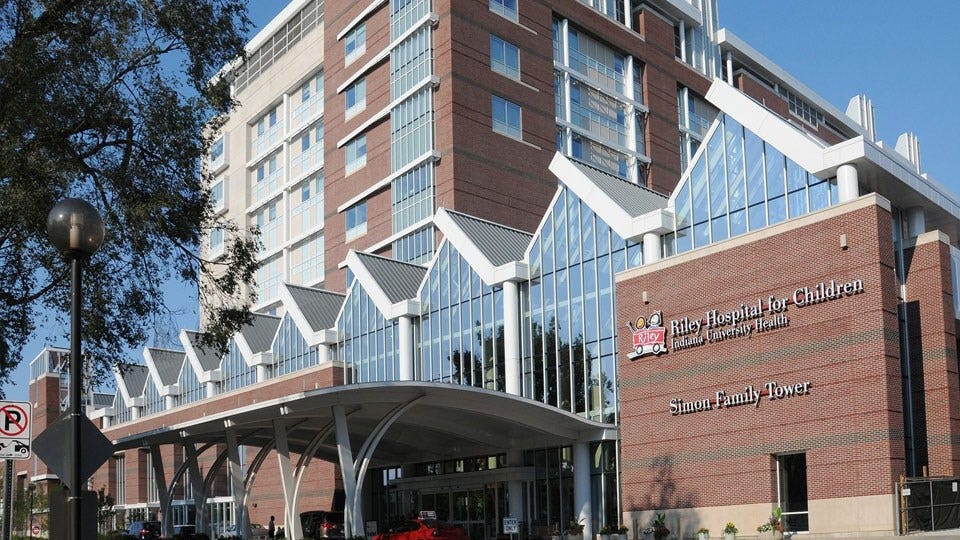Riley Foundation CEO Calls $5M Gift ‘Monumental’
Subscriber Benefit
As a subscriber you can listen to articles at work, in the car, or while you work out. Subscribe Now
The president and chief executive officer of Riley Children’s Foundation says a $5 million gift is “monumental” in the hospital’s fight against Duchenne muscular dystrophy. Liz Elkas says the gift will have long-lasting impact because of its support of both critical care for children with the disease, as well as research to find new treatments and possibly a cure. “It will do so much for patients in the state of Indiana and we hope beyond as well,” Elkas said.
In an interview with Inside INdiana Business, Elkas said the gift will also support families of those with Duchenne muscular dystrophy.
“A portion of [the gift] is carved out to provide care for families who have to travel a long distance to get to Riley Hospital,” said Elkas. “It will lead to coordinated care, so you may have multiple appointments in one day rather than driving three hours up, having an appointment, driving home, coming back another day. It will provide this coordinated care at a much higher level.”
Duchenne muscular dystrophy is a rare, genetic condition characterized by the progressive loss of muscle, resulting in deterioration of skeletal, heart and lung muscles. About 20,000 children are diagnosed globally each year.
The gift was given by three siblings, John Ackerman, Leslie Ackerman and Barbara Nicholoff, and their spouses. Riley says the central Indiana family has been affected by Duchenne muscular dystrophy and wants the gift to help make the hospital one of the best in the country for both care and research of the disease.
Elkas says she hopes the family’s gift will inspire others to contribute in the future.
“I’m hopeful that other families will hear this and recognize that they, too, can contribute in whatever way is possible for them or families with other diseases might say, ‘There is hope. This is a place that’s doing research,'” she said.
Inside INdiana Business Reporter Wes Mills contributed to this report.
